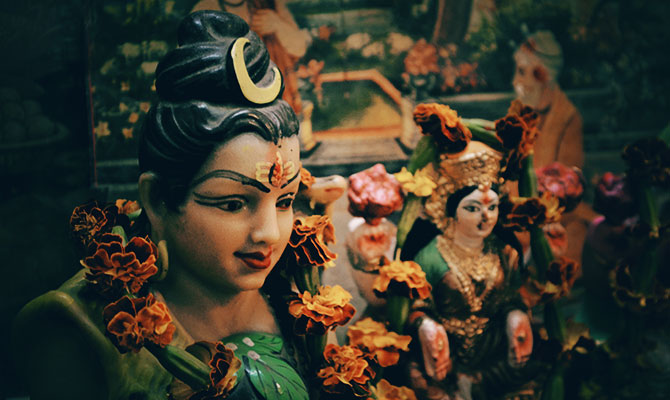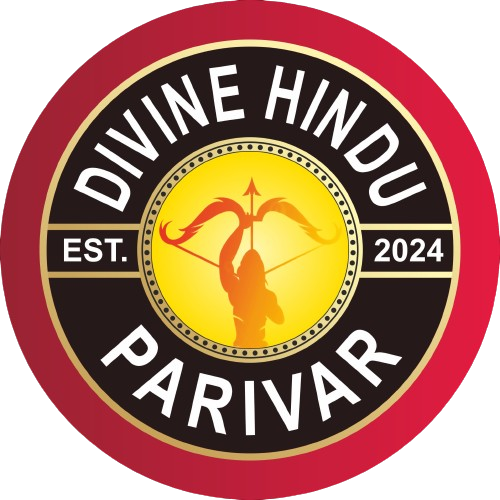
Pradosh Vrat, also known as Pradosham or Pradosha Vrata, is a Hindu fasting ritual dedicated to Lord Shiva. It is observed on the 13th day of each lunar fortnight (Trayodashi) during the waxing and waning phases of the moon. The word “Pradosh” means “twilight” or “evening,” and the Vrat is observed during the evening time.
There are two Pradosh Vrats in a lunar month:
- Trayodashi during Shukla Paksha (waxing phase): This is called “Shukla Paksha Pradosh.”
- Trayodashi during Krishna Paksha (waning phase): This is called “Krishna Paksha Pradosh.”
The most widely observed Pradosh Vrat is on the 13th day of the dark fortnight (Krishna Paksha) of each month. However, the Pradosh Vrat that falls on a Saturday is considered especially auspicious and is known as “Sani Pradosham.”
Devotees observe Pradosh Vrat by fasting and performing prayers dedicated to Lord Shiva and Goddess Parvati. The fast typically begins in the morning and lasts until the sighting of the moon in the evening. The evening ritual involves the worship of Lord Shiva during the twilight period, which is believed to be a highly auspicious time for Shiva.
Key aspects of Pradosh Vrat observance include:
- Fasting: Devotees fast from sunrise to sunset, abstaining from food and water during this period.
- Puja and Worship: In the evening, devotees perform a special puja (worship) to Lord Shiva and Goddess Parvati. This includes offering items like milk, bael leaves, flowers, and fruits to the Shiva Linga.
- Recitation of Mantras: Chanting of sacred mantras and prayers dedicated to Lord Shiva is an integral part of the Pradosh Vrat observance.
- Visiting Shiva Temples: Many devotees visit Shiva temples during Pradosh Vrat to participate in the evening prayers and seek the blessings of Lord Shiva.
Observing Pradosh Vrat is believed to bring peace, prosperity, and the fulfillment of one’s desires. It is considered a powerful way to seek the divine grace of Lord Shiva and seek the removal of obstacles and sins.
